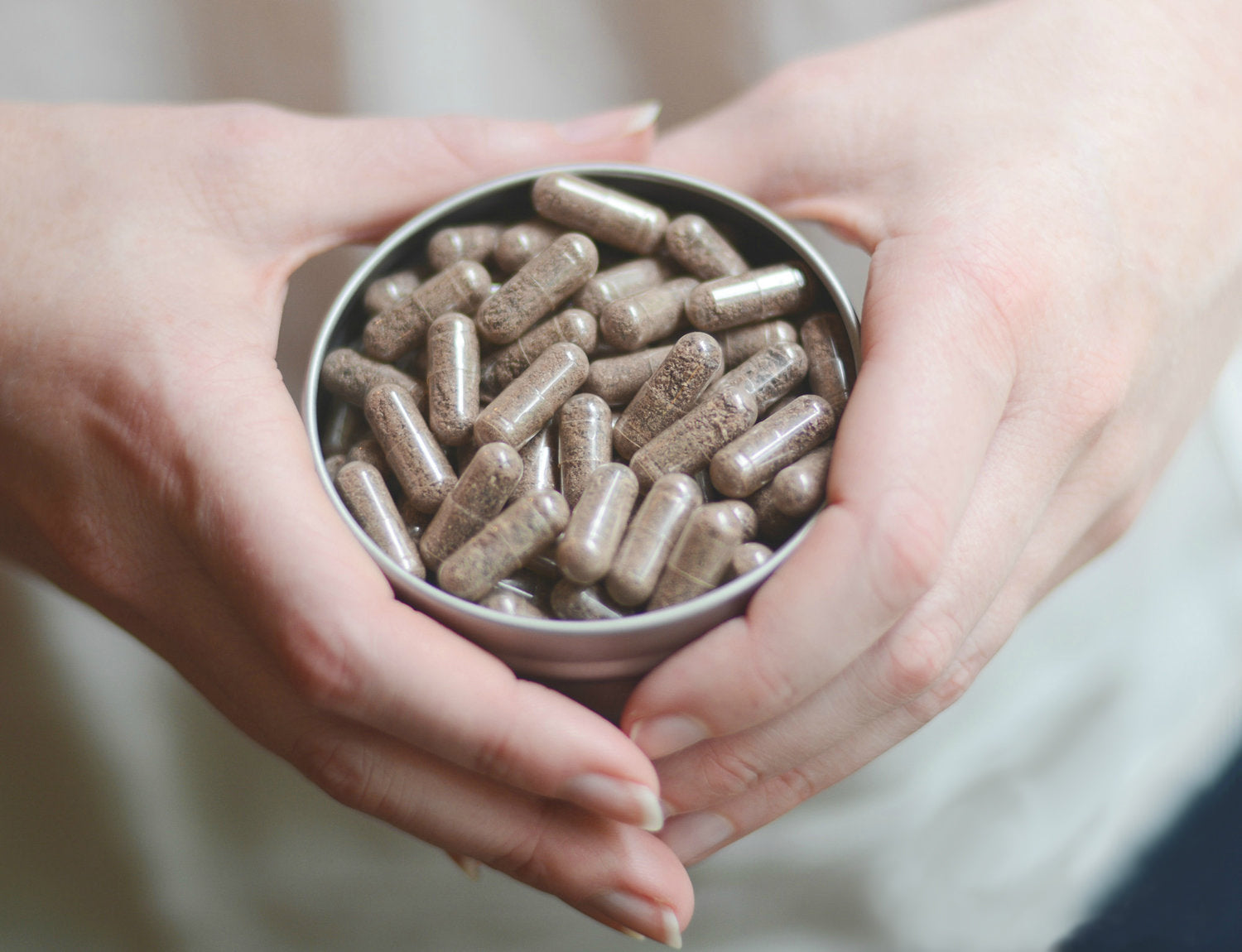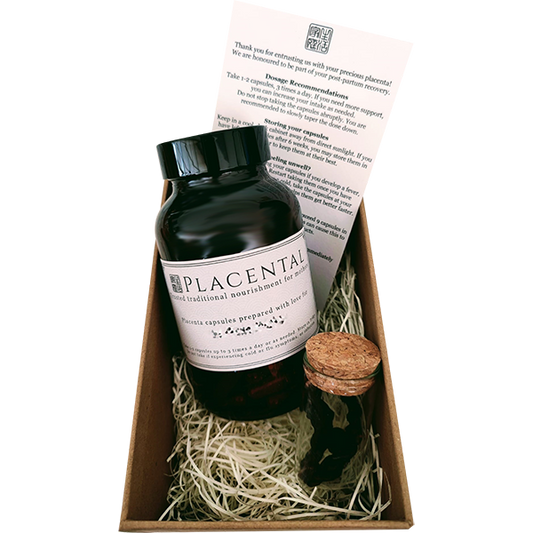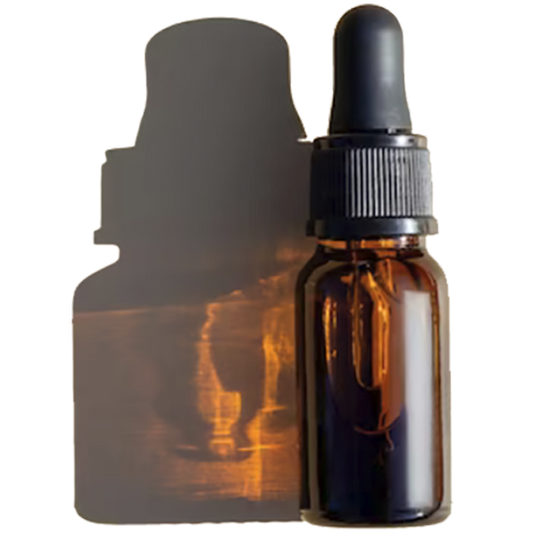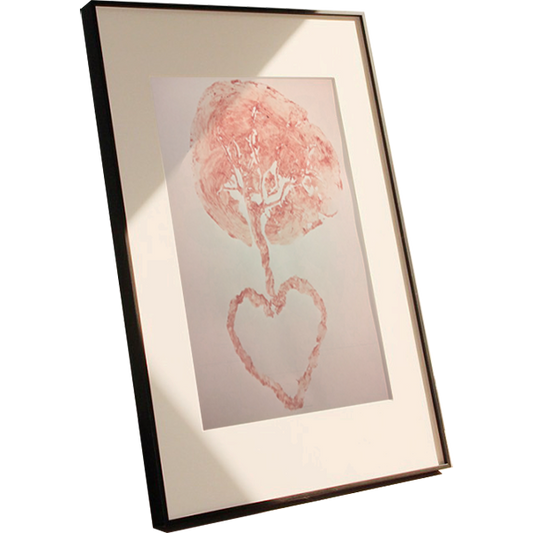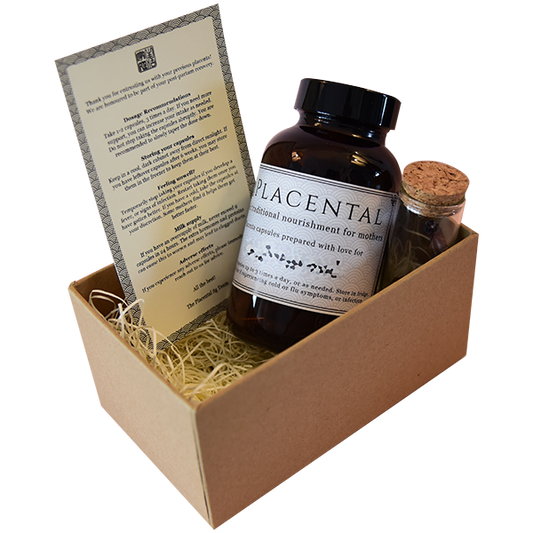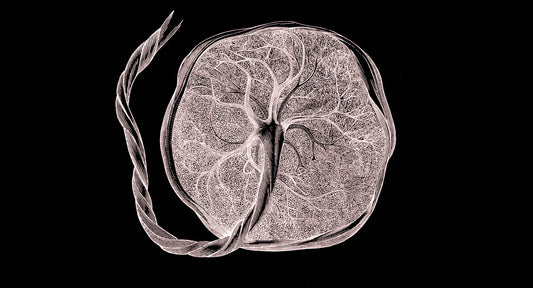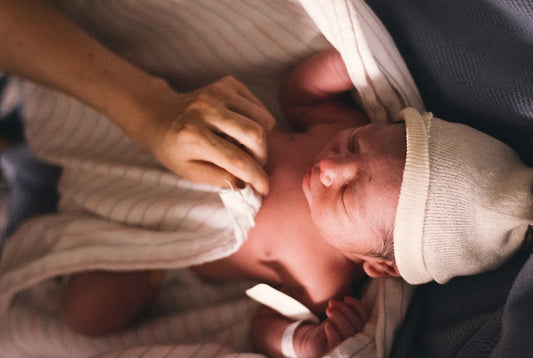Our Services
Why consume your placenta?
Rooted in traditional Chinese medicine, consuming the placenta after birth is a centuries old practice. It has been shown to regulate breast milk supply, increase maternal energy levels, and decrease the risk of mood disorders and anemia.
Encapsulating your placenta for consumption is the most convenient, fuss-free way to reclaim these valuable nutrients, and to take control of your natural, postnatal healing.
How it works
-

Book
Make a booking with us at anytime during your pregnancy via our online form. This includes a health screening and preparation of all necessary documents. You will receive an email confirmation with important care information. We will be also be adding you into a WhatsApp group for easy communication.
-

Collection
Alert us on WhatsApp upon delivery and we will arrange collection within 60mins, 8AM-11PM daily. Our specialist medical-courier partner is fully HAZMAT/BATA certified, and transportation is compliant with temperature control standards for UN3373 Category B biological products.
-

Process
We begin processing your placenta immediately upon arrival in our bloodborne pathogen-certified facility. Our commitment to safety means we process each placenta one-at-a-time. All equipment is sterilized using an industry-leading two-step heat and UV process, ensuring zero risk of cross-contamination and the highest standard of care.
-

Return
Each placenta will take 48-72 hours to process. This longer dehydration step ensures essential nutrients are preserved, and the placenta is fully dehydrated to reduce risk of spoilage. This cannot be rushed! Once ready, we'll arrange the return of the capsules to you. You can start taking them immediately!
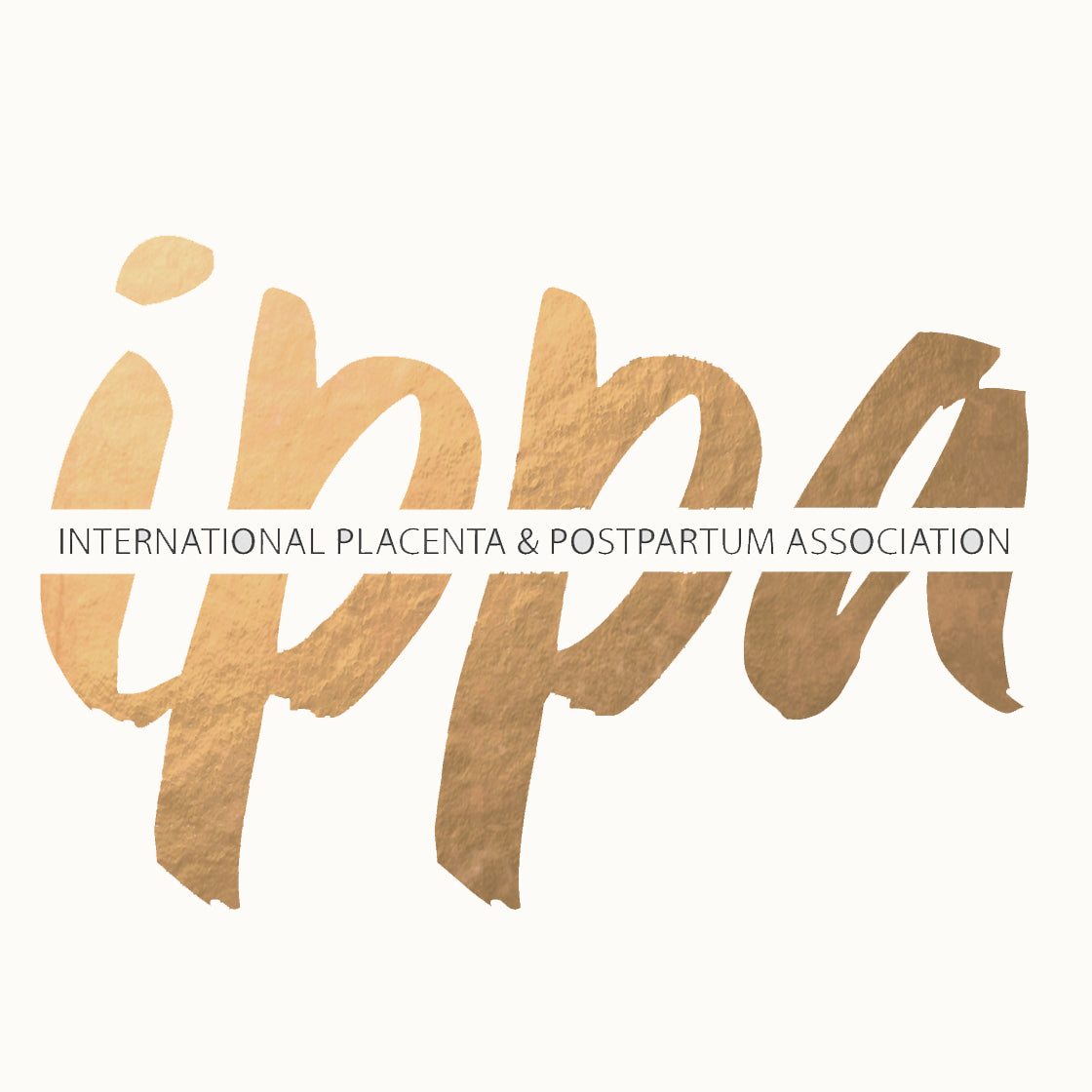
Your Safety, Our Priority
We are proudly certified by the International Placenta & Postpartum Association (IPPA), the industry leader in safe and ethical encapsulation practices. Our rigorous training ensures a thorough education focused entirely on firm safety protocols and strict hygiene standards.
Choosing a certified IPPA specialist means you are choosing a provider whose practice is built on a foundation of uncompromising hygiene and proven expertise, ensuring you receive the safest, highest-quality capsules for your postpartum recovery.
Helping you heal, naturally!



What we are
Frequently Asked
I'd like to get started. What should I do?
We are so excited to start working with you!
First, please fill out our booking form here. We'll be asking about your medical history as well as collecting some basic contact information.
Once your booking has been made, remember to sign and return a copy of our service agreement form. Then, you're all set!
We will be adding you into a WhatsApp group for easy communication. Keep us updated when you're going into labour so we can prepare to receive your placenta.
Do you do collection/delivery?
Yes definitely! Collections and delivery are already included in our fee.
We offer collection within 60mins, 8AM-11PM daily. Our specialist medical-courier partner is fully HAZMAT/BATA certified, and transportation is compliant with temperature control standards for UN3373 Category B biological products.
Once your placenta capsules are prepared, we will get in touch to have them delivered back to you.
What happens if I deliver late at night?
We are ready to receive your placenta anytime between 8AM-11PM daily.
If you deliver past this hour, we'll have to make arrangements to collect as soon as possible the next morning.
In the meantime, please ensure your placenta is kept well-chilled in the refrigerator, or packed with plenty of ice and stored in a chiller bag overnight.
How long will it take to encapsulate my placenta?
Depending on the size of your placenta, it will take between 48-72 days from when we receive your placenta to when it is fully processed and ready to be returned to you. Your placenta is dehydrated over 48 hours at a low temperature to ensure its essential nutrients are preserved, and that the placenta is fully dehydrated to reduce risk of spoilage. This cannot be rushed! Once ready, we'll arrange the return of the capsules to you. You can start taking them immediately!
How many capsules will I get and how do I take them?
In general, each placenta yields between 100-200 capsules.
If you are struggling postpartum, you can take 3 capsules, 3 times a day for the first week. For weeks two and three, take 2 capsules, 3 times a day. Slowly taper down to 1-2 capsule, 3 times a day, or as needed.
These amounts are used as a guideline. If you find you need more support, you can increase your intake as needed.
How long can my placenta capsules be stored?
We recommend storing your capsules in a cool, dark cabinet, and consuming them within 6 months. If you intend to store them for a longer period of time, we advise putting them in the freezer. The capsules will degrade in potency over 1-2 years, so we don't recommend keeping them too long.
Should I still take my capsules if I am unwell?
You are advised to temporarily stop taking your capsules if you develop a fever, or signs of infection. If you continue taking the capsules, it could lead to a slower recovery. You may restart taking the capsules once you have gotten better. If you have a cold, take the capsules at your discretion. Some mothers find it helps them get better faster. Tune in and listen to your body!
I have an oversupply of breast milk. Should I stop taking my capsules?
If you have an oversupply of milk, never exceed 9 capsules in 24 hours. The extra hormones and proteins can cause this to be worse and lead to clogged ducts. Recurrent clogged ducts can even lead to mastitis. Never stop taking the capsules abruptly. The sudden decrease in the oxytocin that the placenta provides could spiral you into the baby blues. If necessary, always reduce the amount you ingest gradually over a few days.
Got a question?

